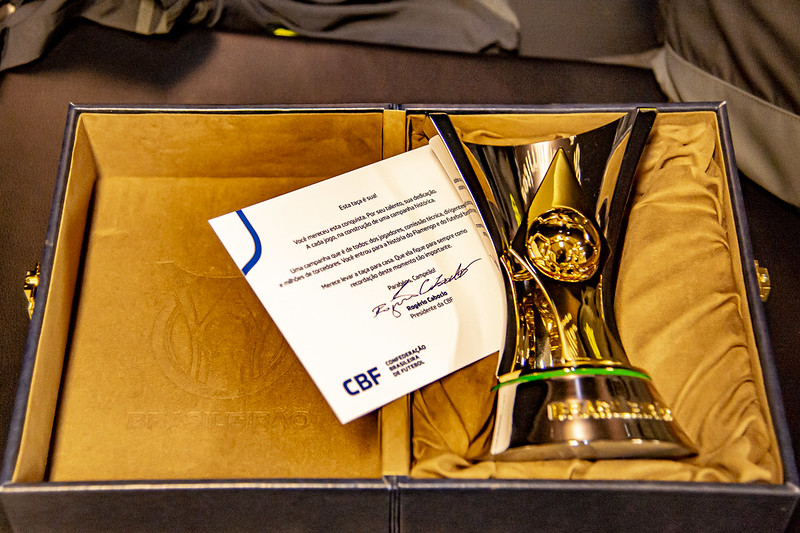Bisteca Fiorentina: A Mouthwatering Tuscan Delight
Por um escritor misterioso
publicado em outubro/29/2024

Discover the rich history and delicious flavors of bisteca fiorentina , a traditional Tuscan steak known for its succulence and simplicity.
:quality(80)/cloudfront-us-east-1.images.arcpublishing.com/estadao/25BK42XE3RELRHNSTPNAYA5674.jpg)

The origins of bisteca fiorentina can be traced back to the Middle Ages when Tuscany was renowned for its thriving cattle industry. The local Chianina breed of cattle, known for its superior meat quality, became the foundation for this iconic dish. The Chianina cattle are raised in the lush pastures of Tuscany, where they graze on natural grasses and herbs, giving their meat a distinct flavor.
The preparation of bisteca fiorentina is relatively straightforward but requires attention to detail to achieve perfection. The star ingredient is a thick-cut T-bone or porterhouse steak taken from the loin section of the Chianina beef. Traditionally, each steak weighs around 1-1.5 kilograms (2-3 pounds) and should be at least 4 centimeters (1.5 inches) thick.
To enhance the natural flavors of the meat, bisteca fiorentina is cooked over an open flame grill or hot charcoal fire. The cooking process requires precision timing to achieve a perfect balance between seared crust on the outside while maintaining tender juiciness within. Typically, each side is cooked for about five minutes per side until it reaches medium-rare doneness.
One essential aspect of preparing bisteca fiorentina is seasoning with salt and pepper just before grilling. This simple seasoning allows the natural flavors of the meat to shine. The steak is then placed on the grill, where it develops a deliciously charred crust while retaining its juicy interior.
Traditionally, bisteca fiorentina is served rare to medium-rare to preserve its succulence and tenderness. The steak is usually carved into thick slices and plated with a drizzle of extra virgin olive oil and a sprinkle of coarse salt. This minimalistic approach highlights the quality of the beef without overpowering it with excessive flavors.
When it comes to enjoying bisteca fiorentina, Italians take their time savoring every bite. It is often shared among family or friends as a centerpiece dish during gatherings or special occasions. Accompaniments may include Tuscan bread, roasted potatoes, grilled vegetables, or a fresh green salad.
Pairing bisteca fiorentina with wine is an important consideration for many food enthusiasts. In Tuscany, locals often reach for robust red wines like Chianti Classico or Brunello di Montalcino to complement the rich flavors of the steak. These wines offer bold tannins and fruity notes that harmonize beautifully with the meat's intensity.
While bisteca fiorentina remains deeply rooted in tradition, some modern variations have emerged over time. Some chefs experiment by adding herbs like rosemary or garlic during grilling for an extra layer of flavor. Others might serve it alongside tangy sauces such as salsa verde or balsamic reduction.
If you find yourself in Tuscany, indulging in bisteca fiorentina at one of Florence's traditional trattorias is an absolute must-do experience. These local establishments pride themselves on serving authentic versions of this iconic dish cooked to perfection.
In conclusion, bisteca fiorentina represents more than just a delicious steak; it embodies centuries-old culinary traditions and showcases Tuscany's rich gastronomic heritage. Its simplicity allows the quality of the beef to shine, making it a true delight for meat lovers. So, next time you're craving a mouthwatering steak, consider trying bisteca fiorentina for a truly unforgettable dining experience.


:quality(80)/cloudfront-us-east-1.images.arcpublishing.com/estadao/25BK42XE3RELRHNSTPNAYA5674.jpg)
Napoli x Fiorentina: onde assistir, horário e escalação das equipes - Estadão

Emilio Butragueño speaks out against VAR after Real Madrid's 4-1 defeat at Valencia - Football España
bisteca fiorentina, also known as Florentine steak, is a culinary delight that hails from the beautiful region of Tuscany in Italy. This mouthwatering dish is famous for its simplicity and incredible flavors that have been enjoyed for centuries.The origins of bisteca fiorentina can be traced back to the Middle Ages when Tuscany was renowned for its thriving cattle industry. The local Chianina breed of cattle, known for its superior meat quality, became the foundation for this iconic dish. The Chianina cattle are raised in the lush pastures of Tuscany, where they graze on natural grasses and herbs, giving their meat a distinct flavor.
The preparation of bisteca fiorentina is relatively straightforward but requires attention to detail to achieve perfection. The star ingredient is a thick-cut T-bone or porterhouse steak taken from the loin section of the Chianina beef. Traditionally, each steak weighs around 1-1.5 kilograms (2-3 pounds) and should be at least 4 centimeters (1.5 inches) thick.
To enhance the natural flavors of the meat, bisteca fiorentina is cooked over an open flame grill or hot charcoal fire. The cooking process requires precision timing to achieve a perfect balance between seared crust on the outside while maintaining tender juiciness within. Typically, each side is cooked for about five minutes per side until it reaches medium-rare doneness.
One essential aspect of preparing bisteca fiorentina is seasoning with salt and pepper just before grilling. This simple seasoning allows the natural flavors of the meat to shine. The steak is then placed on the grill, where it develops a deliciously charred crust while retaining its juicy interior.
Traditionally, bisteca fiorentina is served rare to medium-rare to preserve its succulence and tenderness. The steak is usually carved into thick slices and plated with a drizzle of extra virgin olive oil and a sprinkle of coarse salt. This minimalistic approach highlights the quality of the beef without overpowering it with excessive flavors.
When it comes to enjoying bisteca fiorentina, Italians take their time savoring every bite. It is often shared among family or friends as a centerpiece dish during gatherings or special occasions. Accompaniments may include Tuscan bread, roasted potatoes, grilled vegetables, or a fresh green salad.
Pairing bisteca fiorentina with wine is an important consideration for many food enthusiasts. In Tuscany, locals often reach for robust red wines like Chianti Classico or Brunello di Montalcino to complement the rich flavors of the steak. These wines offer bold tannins and fruity notes that harmonize beautifully with the meat's intensity.
While bisteca fiorentina remains deeply rooted in tradition, some modern variations have emerged over time. Some chefs experiment by adding herbs like rosemary or garlic during grilling for an extra layer of flavor. Others might serve it alongside tangy sauces such as salsa verde or balsamic reduction.
If you find yourself in Tuscany, indulging in bisteca fiorentina at one of Florence's traditional trattorias is an absolute must-do experience. These local establishments pride themselves on serving authentic versions of this iconic dish cooked to perfection.
In conclusion, bisteca fiorentina represents more than just a delicious steak; it embodies centuries-old culinary traditions and showcases Tuscany's rich gastronomic heritage. Its simplicity allows the quality of the beef to shine, making it a true delight for meat lovers. So, next time you're craving a mouthwatering steak, consider trying bisteca fiorentina for a truly unforgettable dining experience.

Palpites Talleres x Velez Sarsfield – 10/08 – Libertadores 2022 - Futebol na Veia
